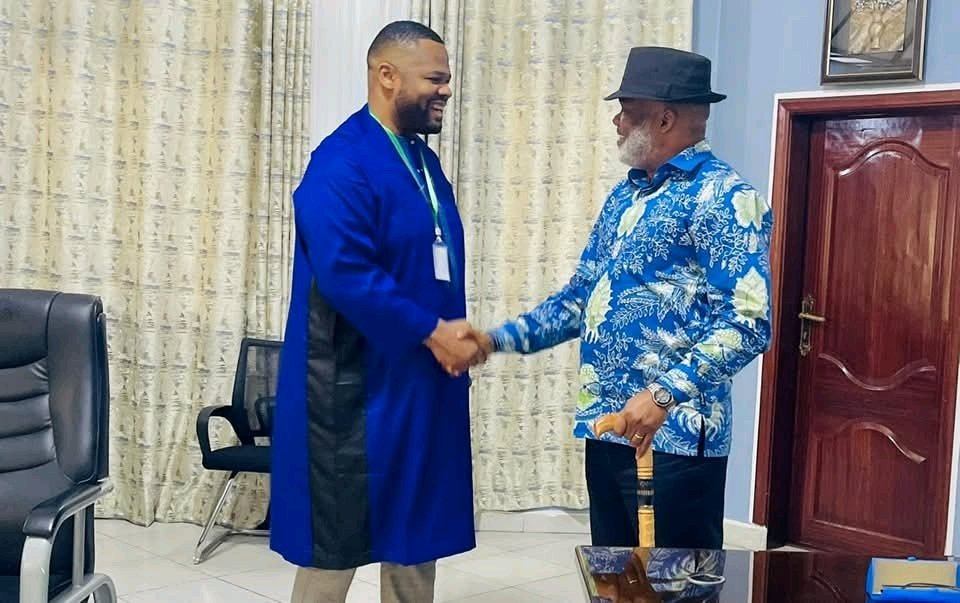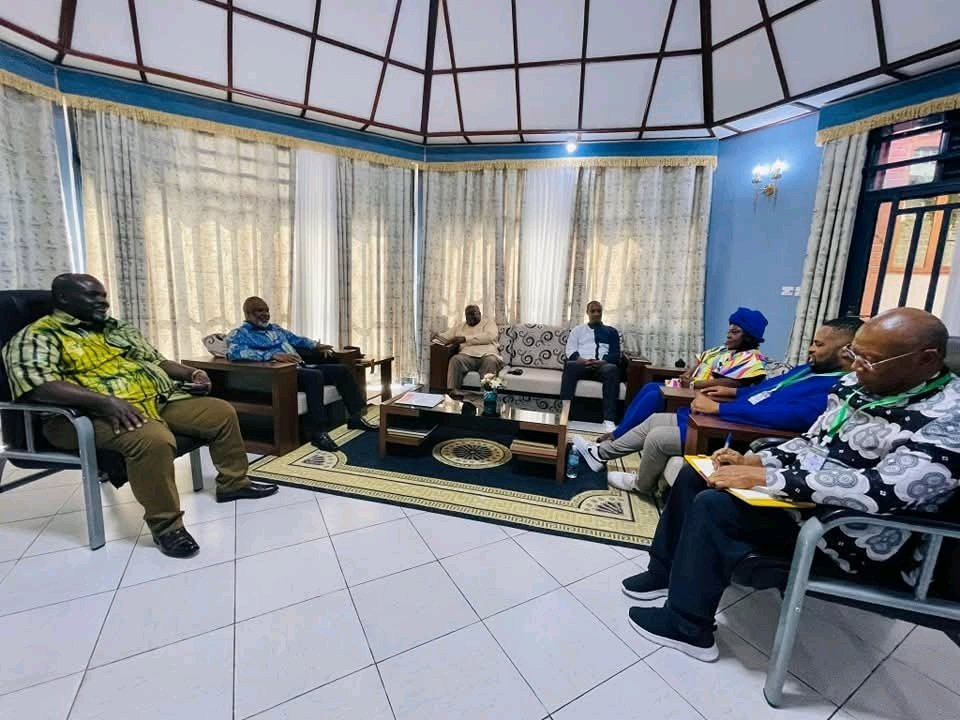Another Opposition Leader Courts M23 Rebels as DR Congo's Parallel Authority Gains Momentum

Rex Kazadi Kanda, a 2023 presidential contender and leader of the EKOKI movement, has officially met M23 rebel leadership in Goma, signalling growing civilian-political alignment with the armed coalition's breakaway government in eastern DR Congo.
Kazadi’s meeting on Monday, June 2, 2025, was held in North Kivu’s capital under the auspices of the Alliance Fleuve Congo (AFC), the political front of the M23 rebel group.
It comes just weeks after former president Joseph Kabila dramatically crossed over to the insurgents' side with an entire faction of his troops, marking an unprecedented moment in the country’s recent political and military landscape.
"This meeting marks the first official meeting between Kazadi and the AFC/M23 management," said M23 leader Corneille Nanga’a, confirming the encounter that many see as another bold attempt by opposition figures to seek political survival or leverage in the power vacuum gripping eastern DR Congo.
Kazadi, who ran for president in the controversial 2023 election, leads the EKOKI movement—a political initiative that has gained traction among urban youth and disenfranchised Congolese communities frustrated by Kinshasa's failure to bring security and economic opportunity.
His decision to engage with the M23 may signal either tactical desperation or strategic positioning amid a growing rebel-administered alternative governance system that is asserting itself in parts of North Kivu and Ituri.
The M23, widely reported to be backed by neighbouring Rwanda—a claim Kigali continues to deny—has capitalised on the vacuum created by the Congolese state's retreat from contested territories.

In recent months, the rebels have installed administrators, imposed taxes, reopened schools, and now appear to be cultivating political legitimacy by courting former and aspiring national leaders.
The meeting also comes just as donor countries issued a joint declaration condemning M23’s blockade of humanitarian aid and illegal tax regimes in the region.
The statement, signed by over a dozen countries including the United States, France, Germany, and the United Kingdom, warned that “illegal impositions” by M23 were obstructing the delivery of critical humanitarian assistance and violating UN Security Council sanctions.
The M23’s political arm, the AFC, has openly invited Congolese political actors to a “national dialogue of realities,” challenging what they describe as the Kinshasa government's “monopoly over failed central governance.”
Joseph Kabila’s defection, though still shrouded in ambiguity, set the stage for what now appears to be a wider political realignment around the insurgent-controlled east.
While the central government has not formally responded to Kazadi’s move, officials in Kinshasa have previously dismissed rebel engagements with national politicians as “acts of treason.”
However, critics argue that Kinshasa’s dismissiveness may be fuelling a self-fulfilling crisis of legitimacy.
“If Kinshasa continues to ignore these overtures while failing to reclaim territory, it may soon find itself governing only in name,” said a political analyst based in Goma, who asked not to be named for security reasons.
Kazadi has yet to publicly comment on the outcome of the meeting, but sources close to his entourage said the EKOKI leader discussed “national reconciliation, inclusive governance, and a transitional pathway” with the M23 leadership.
Meanwhile, civilian populations in rebel-held areas remain caught in the middle.
Humanitarian organisations have warned of deteriorating access to food, medicine, and shelter.
The United Nations estimates that more than 7 million people are internally displaced in the Democratic Republic of Congo, with the majority of them in the east.
As regional actors including the East African Community (EAC) and African Union (AU) struggle to bring the warring sides to a meaningful ceasefire, Kazadi’s appearance in Goma only complicates the picture.
Some observers see it as lending legitimacy to a rebel group that continues to face international sanctions.
Others argue that Kazadi and Kabila are merely reflecting the reality on the ground—that M23 is no longer a guerrilla force in hiding, but a territorial authority with growing political relevance.
What remains unclear is how far these political-rebel alliances will go, and whether they point to a looming national rupture—or the early stages of a long-overdue renegotiation of Congolese governance.



0 Comments